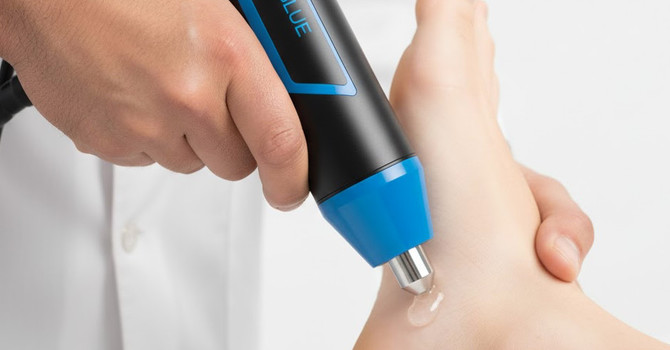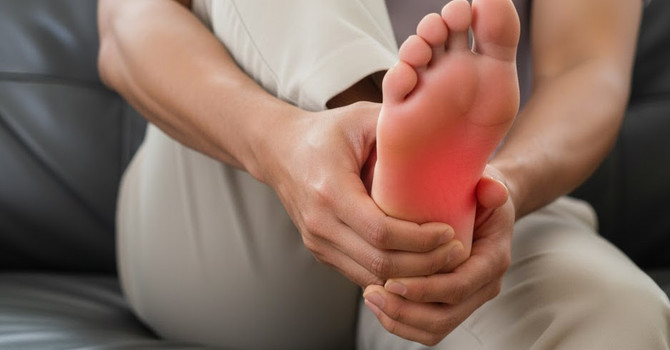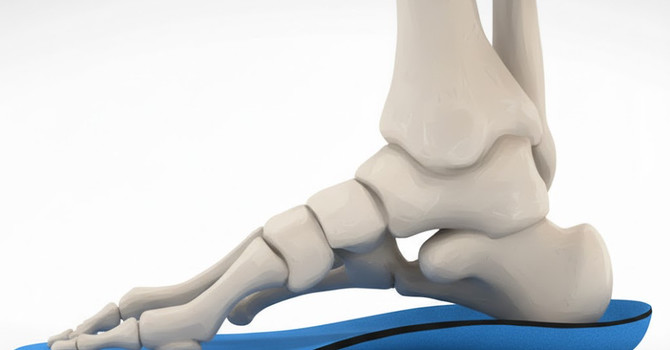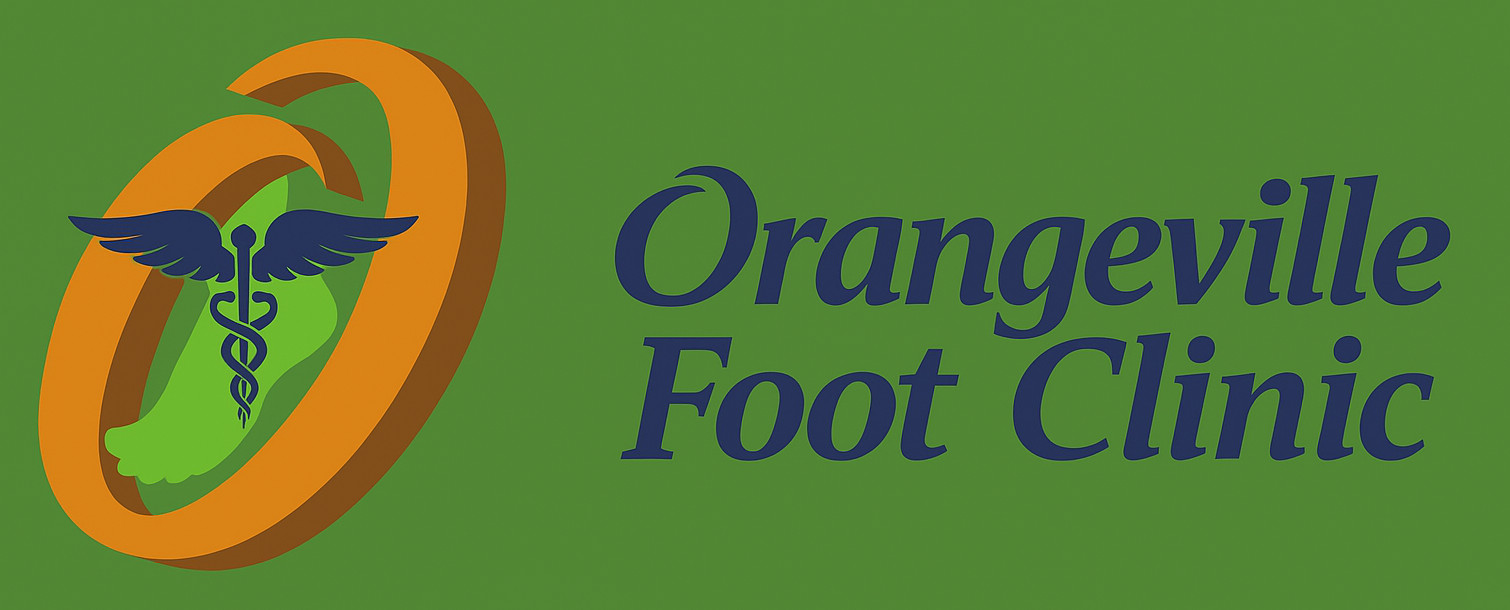Managing diabetes means taking extra care of your feet. Diabetes affects multiple systems in the body, including circulation, nerve function, and skin integrity. The feet are especially vulnerable due to a combination of reduced sensation, impaired blood flow, and delayed wound healing.
- Reduced skin moisture, leading to dryness and cracking
- Reduced or loss of sensation (neuropathy).
Loss of sensation means you may not feel injuries, which can delay treatment. Additionally, poor blood circulation reduces your body’s ability to heal, increasing the risk of infection
Slower wound healing and higher risk of infection due to an impaired immune system can lead to amputation
Without proper care, minor issues can quickly become serious complications. Proactive diabetic foot care can reduce serious complications, such as ulcers, infections, and, most importantly, amputations. Many foot-related problems are avoidable with proper daily care, protective footwear, and routine check-ups.
Understanding the Risks
Many foot complications arise from neuropathy (nerve damage), which may cause:
Tingling, burning, or stinging sensations
Foot weakness or muscle imbalance
Complete loss of sensation, making injuries go unnoticed
Poor blood circulation and changes in foot shape (such as bunions or hammertoes) can also increase the risk of complications. However, the good news is that most serious issues are preventable with proper foot care!
Daily Foot Care Checklist: Essential Steps for Healthy Feet
Inspect Your Feet Every Day
- Check for redness, swelling, blisters, cuts, cracks, or changes in skin texture.
- Use a mirror or ask for assistance to check the soles of your feet.
- Pay extra attention if you have neuropathy, calluses, corns, or fungal nails.
Wash & Dry Your Feet Properly
- Use mild soap and lukewarm water (not hot!).
- Thoroughly dry between your toes to prevent fungal infections.
Moisturize Daily—But Not Between Toes!
- Use a urea-based or diabetic-friendly moisturizer to prevent cracks and dryness.
- Avoid applying lotion between your toes—excess moisture can lead to fungal infections.
Your chiropodist can recommend suitable moisturizers based on your needs.
Wear Proper Footwear & Socks
- Choose well-fitted, supportive shoes with a wide toe box to prevent pressure points.
- Check inside shoes before wearing them to remove any small objects or rough spots.
- Wear seamless, moisture-wicking diabetic socks to reduce friction and keep feet dry.
- Never walk barefoot or with just socks, even indoors, to prevent injuries.
Trim Your Nails Safely or Seek Professional Care
- Trim the toenails straight across and use an emery board to smooth the edges.
- If you have poor vision, neuropathy, poor circulation, or difficulty trimming nails, DO NOT RISK! Seek professional chiropody care to prevent accidental injuries. Most major foot issues start as minor cuts or injuries.
Treat Minor Cuts & Wounds Immediately
- Wash with mild soap and water.
- Apply an antiseptic like Betadine and cover with sterile gauze.
- Monitor for signs of infection (redness, swelling, warmth, or discharge).
If a wound doesn’t improve within a few days, book an appointment with your chiropodist.
Avoid Extreme Heat & Cold
- Do NOT soak feet in hot water—neuropathy may prevent you from feeling burns.
- Avoid heating pads and hot water bottles, as they can cause burns.
- In cold weather, wear warm, dry socks to prevent frostbite.
Monitor Circulation & Nerve Function
- Look for signs of poor circulation, such as cold feet, shiny skin, or hair loss on the toes.
- If you experience tingling, numbness, or burning, report it to your foot specialist.
Vascular screenings, such as Ankle-Brachial Index (ABI) and Doppler ultrasound, can help detect circulation issues early.
Why Preventative Foot Care Matters
Seeing a chiropodist or foot care specialist regularly can help:
Identify early signs of complications before they become serious.
Monitor circulation and nerve health to prevent diabetic foot ulcers.
Ensure safe nail and skin care to avoid infections and injuries.
Professional foot care services, including routine assessments, nail trimming, and circulation monitoring, can help reduce the risk of serious complications.
Healthy Lifestyle = Healthy Feet
Maintain a balanced diet to support circulation and nerve function.
Monitor blood sugar and blood pressure regularly.
Keep a foot care journal to track changes or recurring issues.
Want to learn more?
Understanding how diabetes affects your feet: Click here
Trusted resources: American Diabetes Association
Your feet carry you every day—take care of them! If you have concerns, book an appointment with a chiropodist today.




 👋 Questions? Chat with us below!
👋 Questions? Chat with us below!